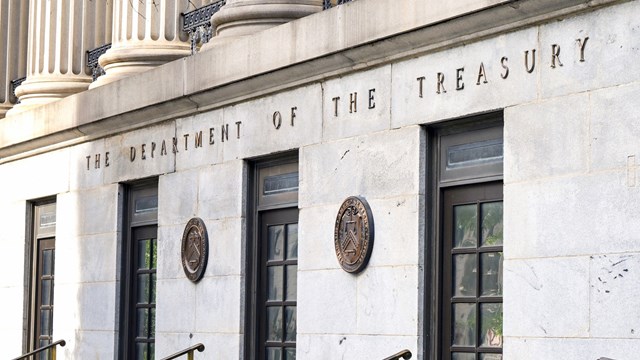Q. I pay HOA fees for landscaping. Not all areas of the development are the same—some streets just have ornamental trees and a minimal amount of leaves falling. My block is swamped with leaves on the ground that begin in September, but I cannot get management to send the landscapers to keep walkways clear. How do I get copies of the contract between the HOA and the landscapers? How can I document or build a case on my own without lawyers? Are there any laws that I can refer to if I want to see bids, details of the work provided, or a schedule of days landscapers should be working, and also the work that they did/should do? I would like to find a way to persuade management to provide more attention to certain areas when necessary.
—Seeking Transparency
A. According to Vanessa Pena, an attorney with Buckalew Frizzell & Crevina LLP in Towaco: “A unit owner is entitled to copies of various documents that are held by the association and its managing agent. Among these documents that unit owners are entitled to view are copies of executed agreements between the association and the contractors it has chosen to perform work for the community. Depending on how an association’s governing documents set forth access to these documents, a unit owner can request to schedule a time to inspect agreements that have been made with contractors, which should include the type of work to be performed and the timeline and hours by which the work must be performed. Typically, an association would require that this request be made in writing and allow the association a certain amount of time (i.e., 10 days) to set up a time for the unit owner to inspect the documents.
“While there is no specific statute stating that a unit owner is entitled to inspect executed contracts between the association and its chosen contractors, interpretations of the New Jersey Condominium Act N.J.S.A. 46:8B-1 et. seq., and the New Jersey Non-Profit Corporations Act N.J.S.A. 15A:5-1 et. seq. suggest that association members should be permitted to inspect executed contracts with contractors who are responsible for performing work on the association’s common property. An association’s refusal to permit such access may result in a court deeming such refusal to be contrary to the Business Judgment Rule, which must be followed by the board to assess requests for the review of associated records. Under the Business Judgment Rule, a board’s actions are protected as long as they are: (1) authorized by statute, the bylaws, or the Master Deed; and (2) are not fraudulent, do not constitute self-dealing, and are not unconscionable. (See Committee for a Better Twin Rivers v. Twin Rivers Homeowners’ Ass’n., 192 N.J. 344, 369 (2007)). Refusal to allow an association member to inspect a contract that has already been discussed, negotiated, and executed could be seen as unconscionable by a court.
“In terms of inspecting contract bids, however, the board may have more authority in limiting what an association member may access. In Mulligan v. Panther Valley Property Owners Ass’n., 337 N.J. Super. 392, 307-308 (App. Div. 2001), the Appellate Court looked at the Business Judgment Rule and upheld an amendment to the bylaws that, among other things, authorized the board to withhold from inspection any documents that in ‘its reasonable business judgment’ involved pending or anticipated litigation or contract negotiations. This distinction would preclude an association from allowing contracts and/or bids that are still undergoing negotiations to be withheld from inspection.
“Notwithstanding this information, however, it is not the unit owner’s individual responsibility to go after a contractor. The association, not the unit owner, contracted with the landscaper to perform services for the common property. If the unit owner is unsatisfied with the work that is being performed, the first step to take would be to alert the association’s management of the issue and attend board meetings to notify the board of any concerns.”










Leave a Comment